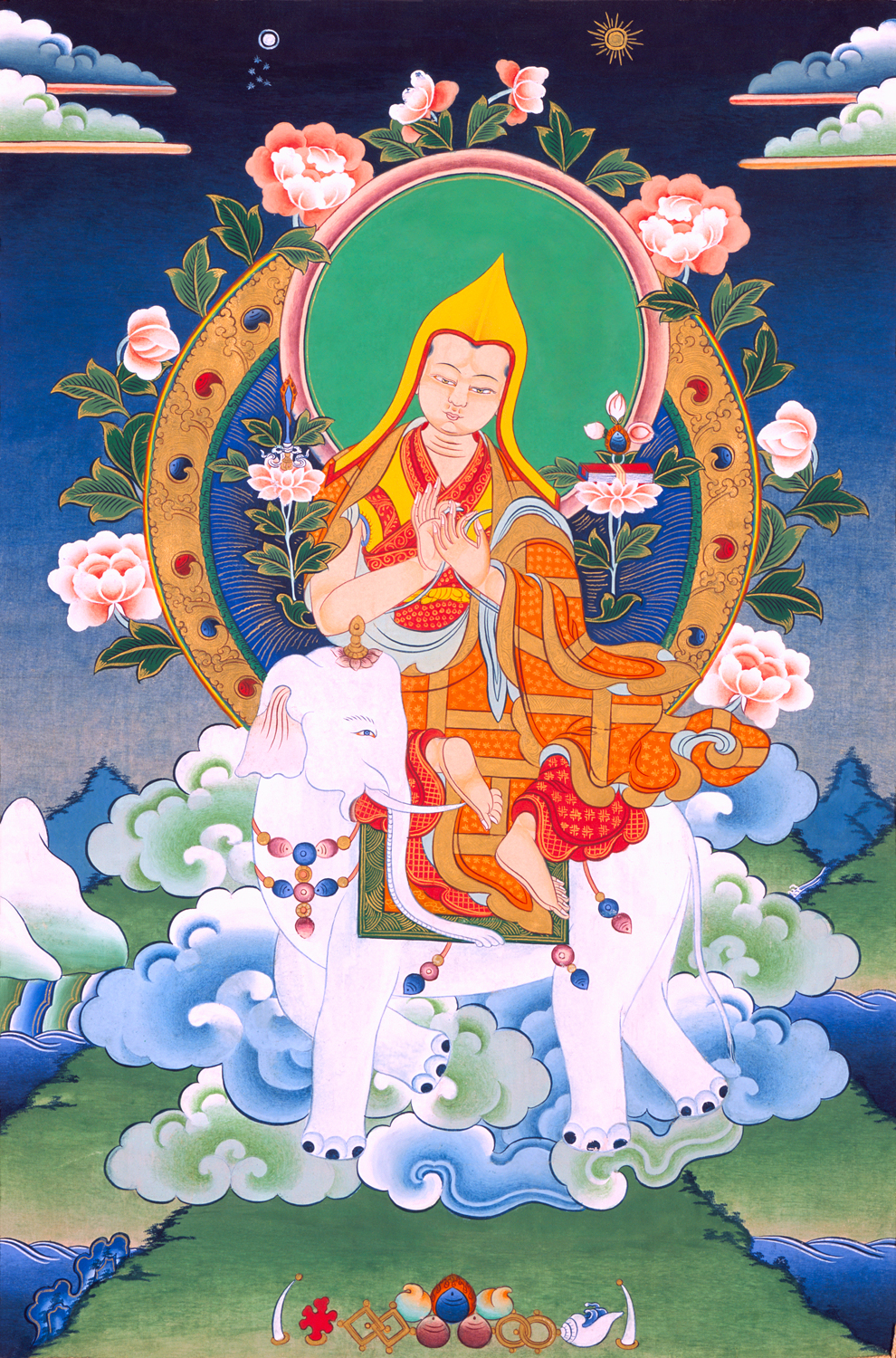
Title: How Our Minds Distort Karma to Safeguard Our Self-Image, New Study Reveals
Our minds do not always operate impartially when interpreting life’s moral ledger—particularly in relation to karma. A recent global study featured in the journal Psychology of Religion and Spirituality indicates that individuals who believe in karma significantly alter their views on who deserves what. Many of us envision ourselves as the beneficiaries of karmic rewards and others as the subjects of karmic retribution.
This investigation, spearheaded by Dr. Cindel White from York University, illuminates how personal psychology profoundly influences a seemingly universal moral principle. Whether emerging from religious traditions such as Hinduism and Buddhism or adopting more secular interpretations of karma prevalent in Western societies, believers frequently utilize karma as a cognitive tool to reinforce their moral value—while discreetly evaluating others.
The Research: A Cross-Cultural and Interfaith Perspective
Over 2,000 participants from the United States, Singapore, and India took part in this study, encompassing a diverse array of religious affiliations, including Christians, Buddhists, Hindus, and those identifying as non-religious. Participants were prompted to recall and articulate karmic experiences from their own lives as well as from those of others.
The findings showcased a notable imbalance:
– 69% of participants recounted positive karma—beneficial events that befell them due to their virtuous actions.
– Conversely, 82% portrayed negative experiences—unfortunate events affecting others—as justified karmic punishment.
The inclination to emphasize one’s own moral superiority while magnifying others’ failures was evident across all examined regions. Nonetheless, it was most pronounced among U.S. participants, known for their individualistic culture. In comparison, participants from Singapore and India—rooted in more collectivist societies—demonstrated the self-serving bias, albeit to a lesser degree.
The Psychology of Karma: Beyond Mere Belief
While karma offers a compelling narrative linking actions to consequences, this study implies that its application is hardly neutral. Instead, karma acts as a psychological reflection—illustrating the admirable traits we attribute to ourselves and the moral deficiencies we detect in others.
“This positive karmic bias enables individuals to experience heightened pride and claim more personal credit for the favorable occurrences in their lives,” Dr. White noted. “However, it also subtly perpetuates the belief that others merit their distress, diminishing empathy and compassion.”
This revelation aligns with the psychological principle known as “self-serving bias,” the inclination to credit successes to internal attributes such as effort or character, while blaming failures on external circumstances like luck or situation. It appears that karma provides another pathway for this form of self-affirming cognition—even within the domain of spiritual or supernatural beliefs.
Consequences for Moral Reasoning and Social Assessments
The propensity to link others’ hardships to karmic justice can have significant social and ethical ramifications. It may cause us to ignore systemic inequalities, stigmatize the underprivileged, or hesitate to offer assistance—all due to our unconscious belief that they “deserved” their fate.
Simultaneously, it bolsters an exaggerated sense of our own moral integrity and goodness, irrespective of actual actions or context.
Though the idea of karma is ancient, this research indicates that we frequently manipulate it to align with our emotional requirements and psychological predispositions. This does not inherently discount the significance of karmic belief, but it prompts critical inquiries regarding how those beliefs are applied.
A Call for Enhanced Awareness and Compassion
If our karmic beliefs influence our interpretation of life’s occurrences, they likely also impact our emotional and moral responses to the surrounding world. “People may genuinely believe in moral justice,” White clarifies, “yet perceive its operation in ways that preserve their self-image at the expense of others.”
Recognizing this psychological inclination may facilitate a reflective assessment of our judgments—promoting greater compassion rather than judgment. It encourages us to question: Are we interpreting an event as karmic justice because it genuinely represents moral cause and effect, or because it aligns with a reassuring narrative where we occupy the role of the virtuous?
As billions worldwide navigate their lives within systems that incorporate karma, this study serves as a timely reminder: Even beliefs rooted in spirituality are susceptible to human bias. By acknowledging the subtle differences in how we apply these concepts to ourselves versus others, we may draw closer to the equilibrium and fairness that karma, in its true essence, is intended to exemplify.
Support Independent Research Reporting
If you found this article enlightening or stimulating, please consider supporting independent scientific journalism. Independent reporting requires significant time, expertise, and resources—but it ensures critical research remains accessible, accurate, and engaging for all. Every contribution aids us in illuminating the science that matters. Thank you for being part of this ongoing dialogue.